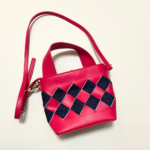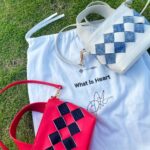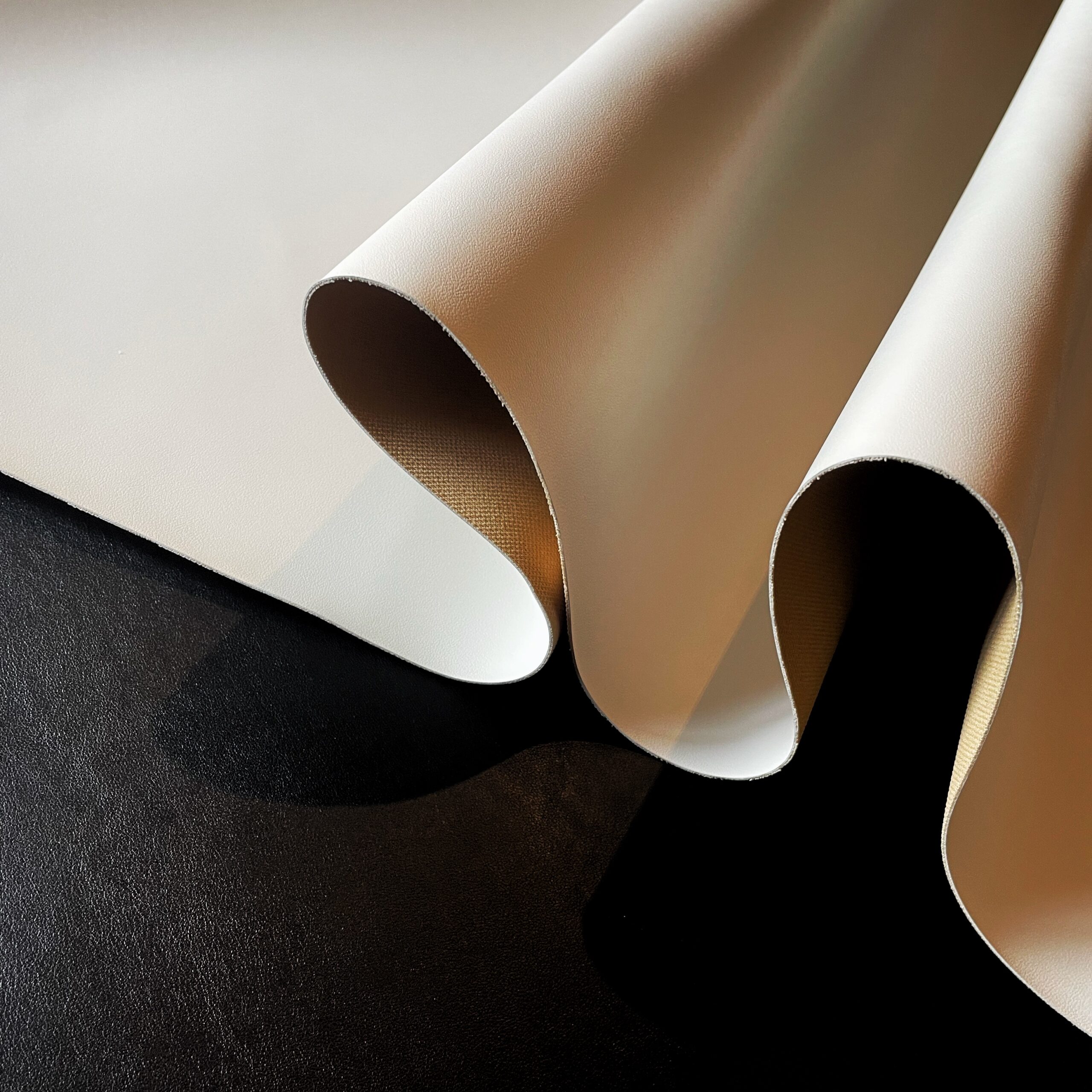
Part of living a sustainable lifestyle is being conscious of the environmental impact of our everyday habits. This includes everything from what kind of food we eat and where it comes from, how we travel from place to place, and even the kinds of clothes we wear . Across all of these things, the source of the materials that we use in these everyday activities plays a huge part in their sustainability. It’s no surprise that alternative materials have been on the rise as a response to this new demand for eco-conscious and sustainable materials.
One such example of this is vegan leather. From dried mushrooms, to pineapple fibers, and our very own apple residue, a variety of biomaterials (materials from biodegradable sources) have been utilised in creating alternatives for animal leather. As its name suggests, vegan leathers do not use any animal material during their production making it as environmentally friendly and ethical as possible.
But why use vegan leather?
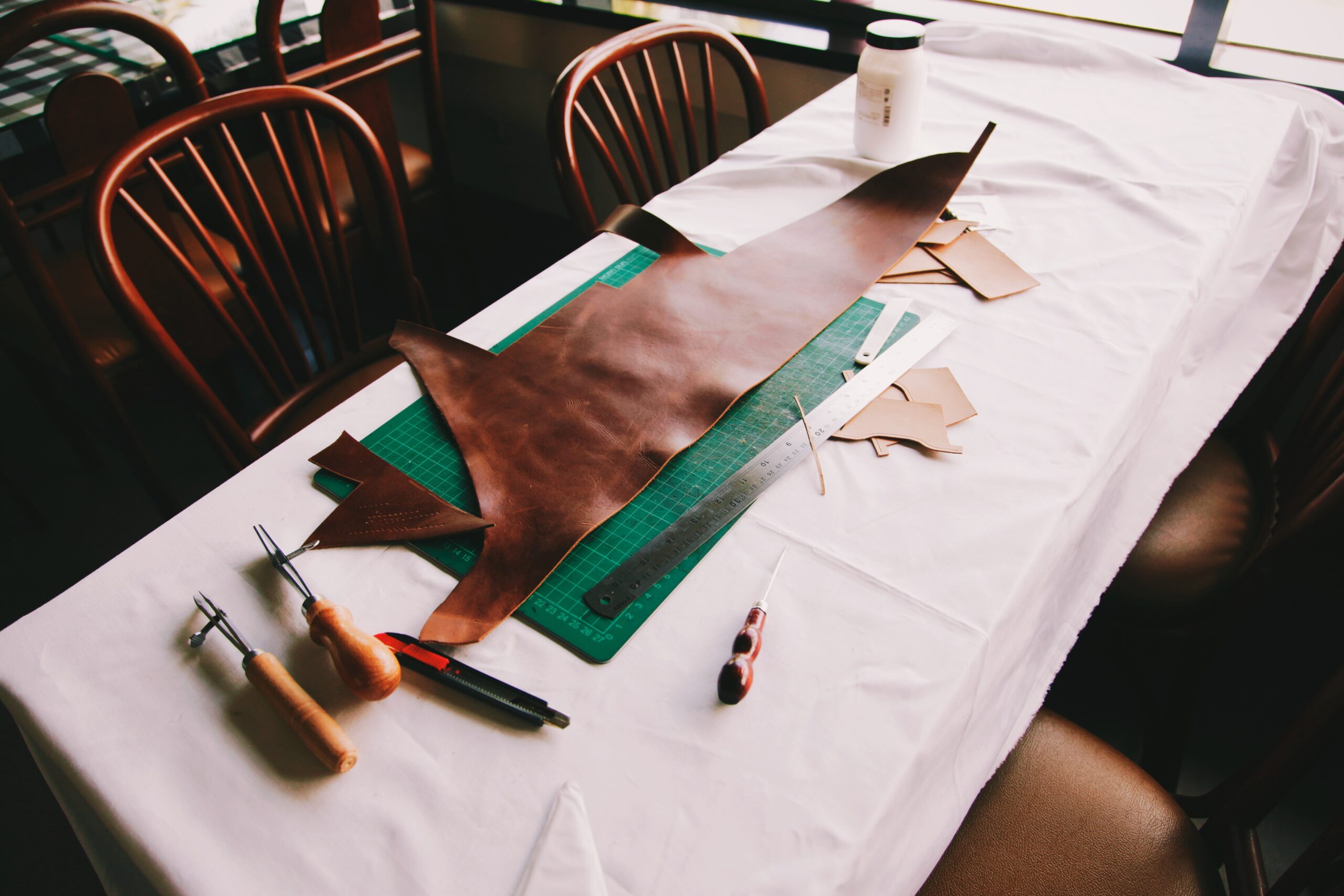
In the same way that people have different reasons for choosing any other type of accessory, people also have different reasons for choosing vegan leathers.
Vegan leather is less expensive
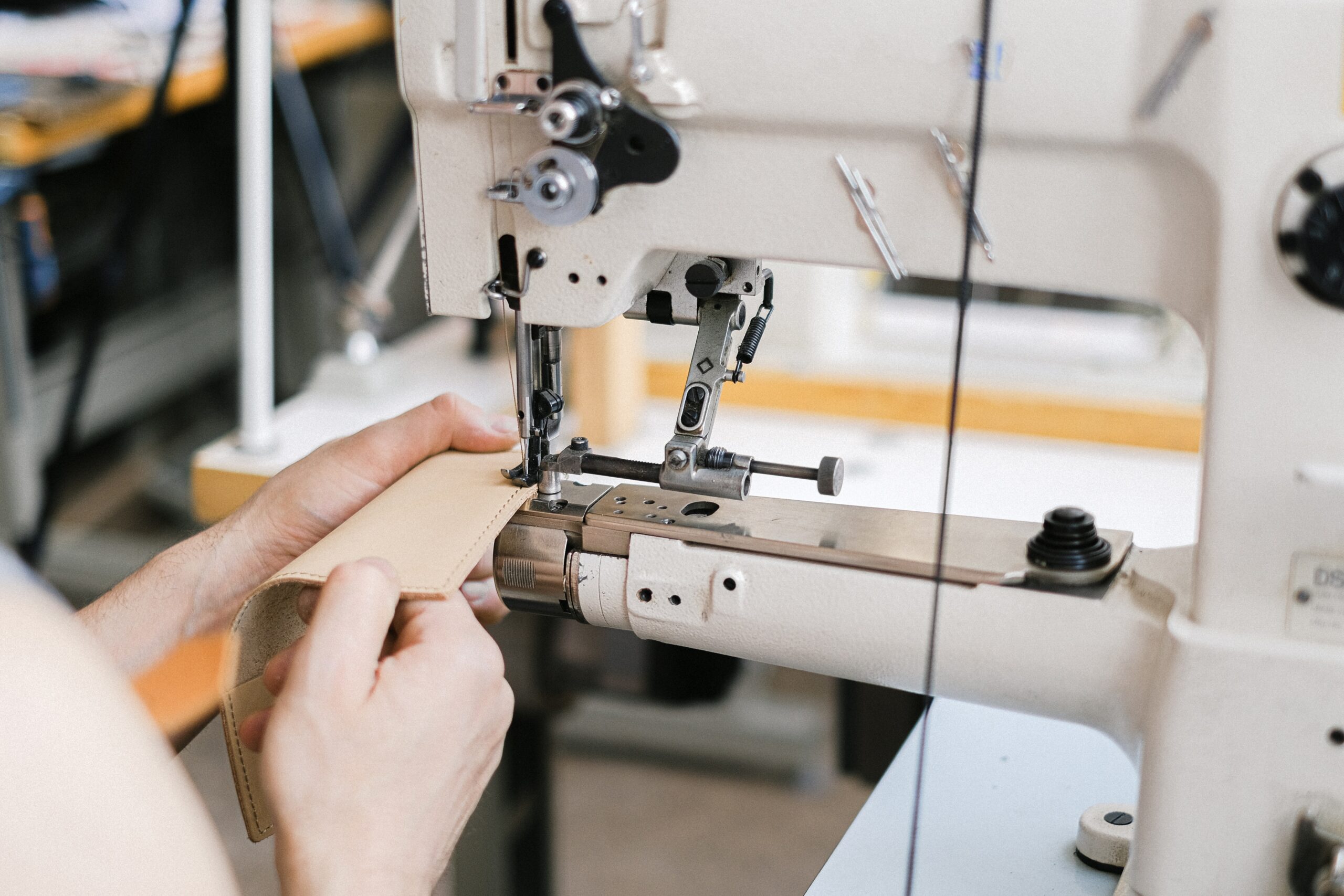
Alternative leather was initially created to cut costs for manufacturers because traditional leather production requires a lot more resources and time. Animal leather requires not only manufacturing the leather, but also the land, food, and care for the animal that the hyde is harvested from. Of course, since vegan leather takes some research and development, the initial costs can be a bit expensive, but across the board it takes less resources and therefore less capital. So not only is vegan leather cheaper to make, it is also cheaper to purchase for consumers.
Vegan leather accommodates people’s beliefs
Because leather alternatives do not include animal products in their entire production process, people with concerns regarding this can use vegan leather without any worries. Additionally, people with certain spiritual beliefs that prescribe against the use of animal hide and skins can use vegan alternatives without any worries.
Vegan leather is eco-friendly
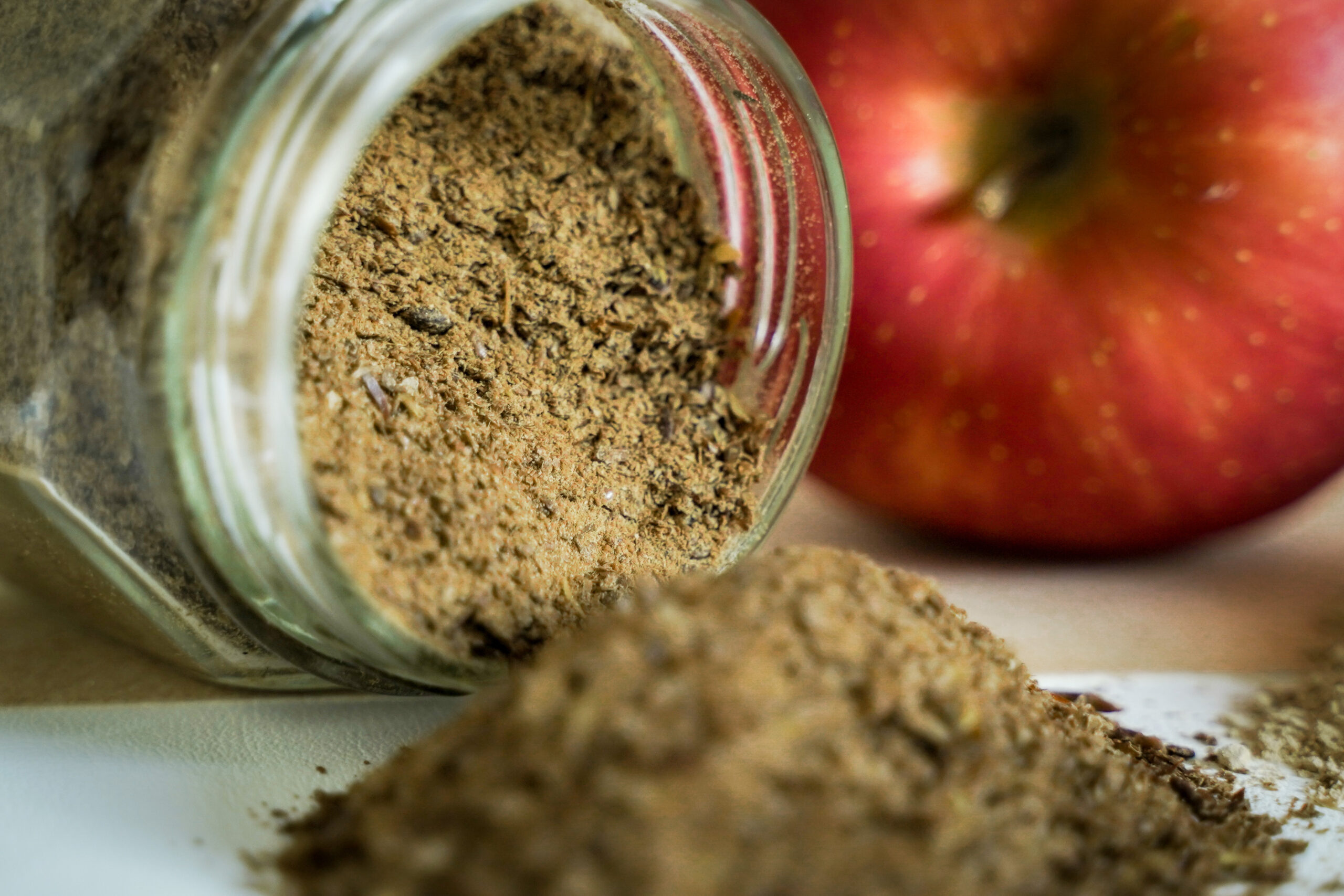
As we’ve mentioned previously, vegan leathers are on the whole more ethical and environmentally friendly since they can be produced without harming any animals and by using sustainably sourced biomaterials. Additionally, the process of manufacturing vegan leather does not contaminate water supplies. The tanning process when processing animal skins for genuine leather can cause water pollution as the water used in tanneries gets contaminated with various chemicals and is then released into bodies of water. In contrast to this, additional vegan leathers do not need any tanning aside from their regular production making them better for the environment and its water sources.
Also, a lot of the currently available vegan leathers are also made by companies that endorse and support a cause like environmental action. RINGO-TEX for example is made with discarded apple residue, supporting the local apple farmers of Aomori prefecture by endorsing their local products and helping to reduce their waste.
Vegan leather is easier to clean
Unlike genuine animal leather which requires special cleaning materials and oils to maintain, vegan leathers can be cleaned with a wider variety of household cleaning products. Animal leathers typically require specific products like saddle soap to get properly cleaned and oils, like mink for example, to keep the leather from getting dry and cracking. Meanwhile, vegan leathers can be cleaned with a gentle soap solution and can be moisturized with any household oil from baby oil to coconut oil. This makes vegan leather easier to maintain and clean without having to buy an additional set of products.
Vegan leather is more water and UV resistant
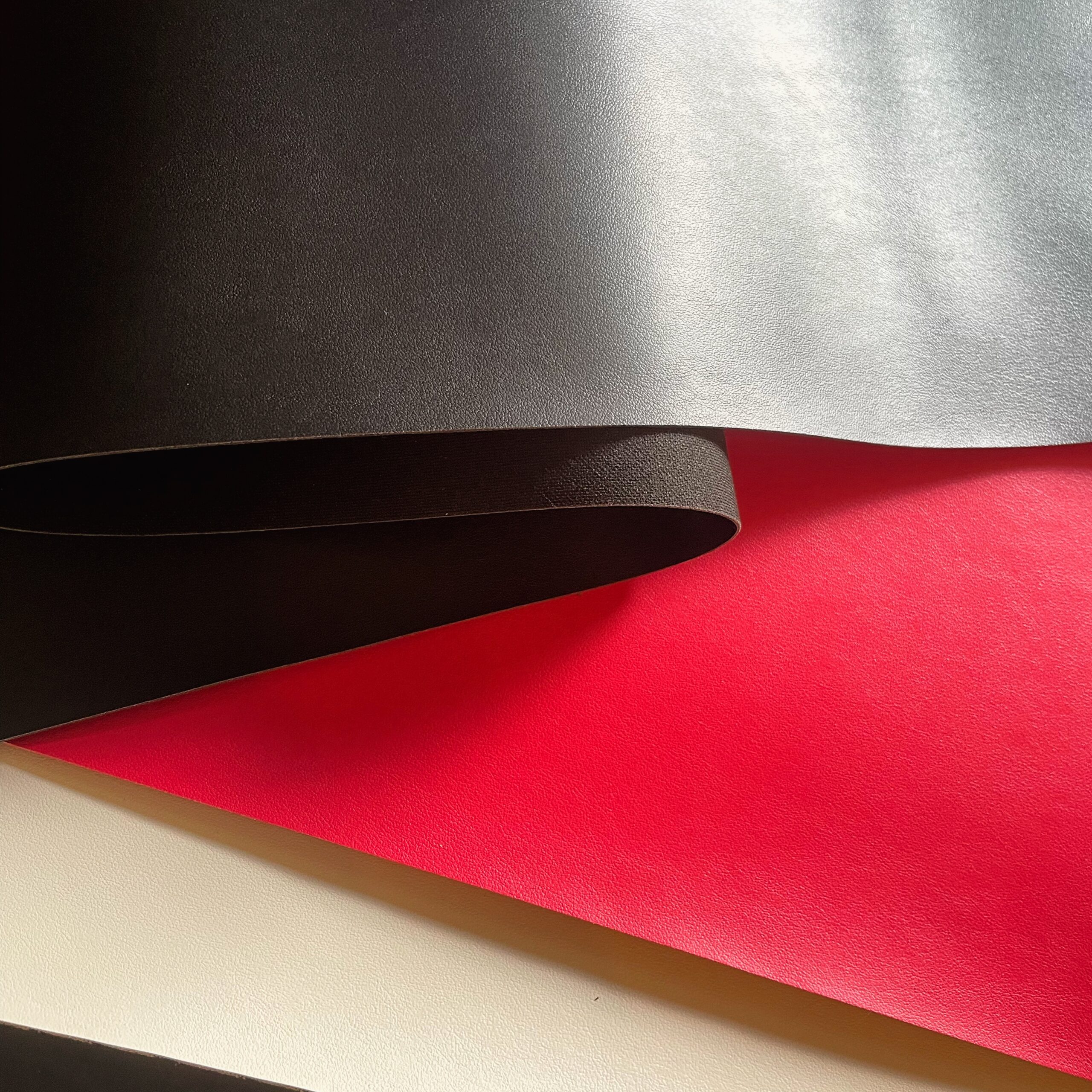
Since animal leather comes from the hides of animals, it is much more delicate than a manufactured item like vegan leather. It is highly advisable to keep genuine leather items away from large amounts of water and sun exposure as these could damage the appearance, structure, and longevity of the leather. Although it is still not ideal for vegan leather to be soaked in water and left under the sun, it is comparatively more water and UV resistant than animal leathers because of its composition. The amount of PVC, simply known as Vinyl, which is included in most vegan leather products helps to boost this resistance to the elements.
Conclusion
There are a variety of reasons to choose vegan leather, from spiritual and ethical beliefs to environmental advocacies. But anyone, even without these particular convictions, can dip their toes into the world of vegan leathers as well and maybe even some money along the way. We hope that this article helped to demystify and encourage you to learn about vegan leather and maybe try it out yourself. You can also learn more about vegan leather here on our website or visit our official Facebook and Instagram pages and check out RINGO-TEX, our very own apple leather made from Japan’s Aomori apples!
This article was written by Yvonne Gonzales


